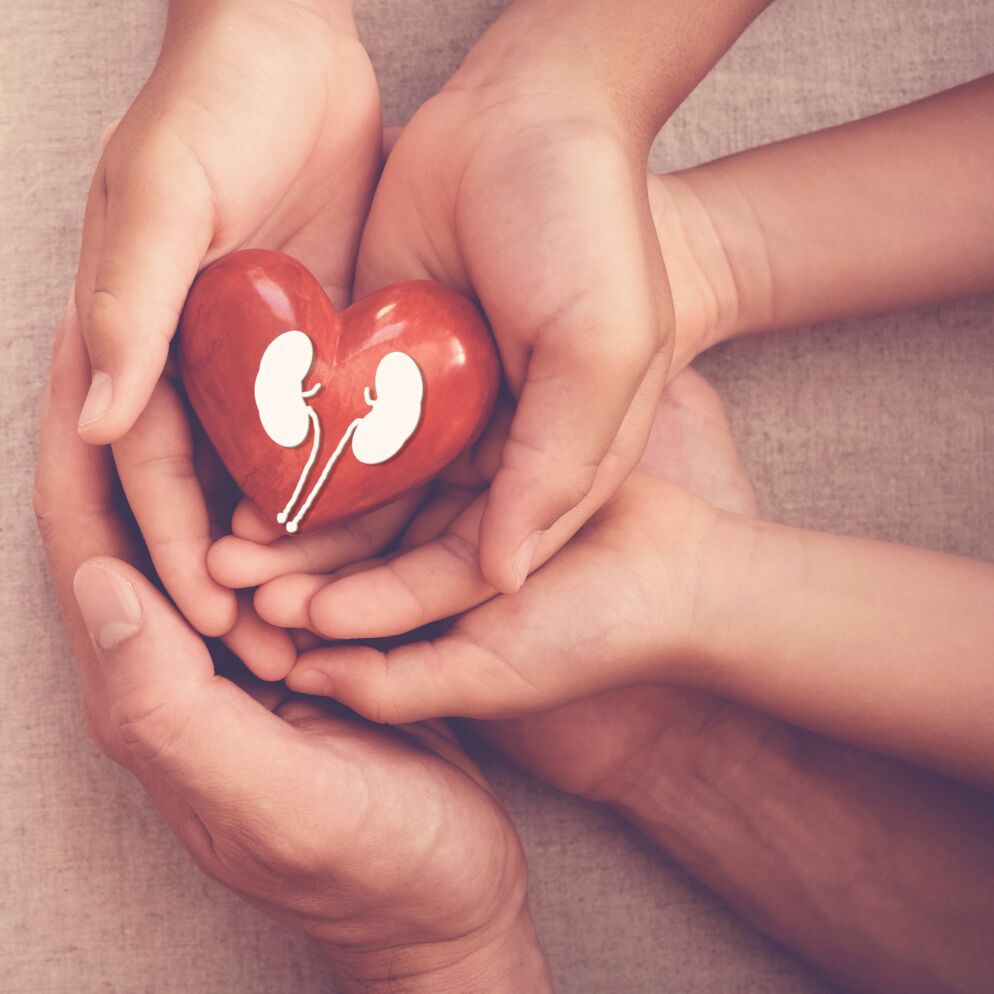
Death is never an easy topic to discuss, especially with children, but one mother was surprised by her daughter’s reaction when she found her organ donor card.
Sienna, nearly a year before a fatal asthma attack at age 7, had been playing in her mother’s purse and found her license. “She wanted to know what the heart on my license meant,” says Sierr’a Alban.
After Alban explained, Sienna said, “When I grow up, I want to be an organ donor, too.”
Though nothing can make up for the loss of a child, some mothers, like Alban, have found healing through helping others.
According to nonprofit Infinite Legacy, there are 4,192 people in the Maryland and Metro D.C. Area who are on the transplant wait list as of June 5.
Alban, of Baltimore, now finds comfort in knowing her daughter’s organs went on to save others.
Like Alban, Waldorf mother Pamela Howard feels like she had the support of her son, Anthony—who lost his life suddenly in 2018 after a fall left him unconscious and brain dead after 10 days—to donate his organs.
When Howard was initially approached and asked about the donation, she and her sister said no. But as the nurse was walking away, Howard said she felt like Anthony “came over her” and wanted to help.
“When I said yes, I came to learn more about organ donation, the myths and how important it is,” Howard says.
Organ Donation Myths
Some families may have reservations about organ donation, even though they know it will save lives. And part of that comes from being misinformed.
“Organ donation was never one of the things that was talked about in my family,” Howard says. “I had heard that if you sign up, they see it on your license and they’ll let you die.”
Howard has since learned that hospital staff not working as hard to save your life if you’re a donor is one of the common myths about organ donation.
Other myths include patients not really being dead when their death certificate is signed, patients younger than 18 being too young to donate, that you can’t have an open-casket funeral if you donate, that rich or famous people go to the top of the list if they need an organ and that your family would be charged if you donate.
These myths are all addressed by the Mayo Clinic.
Why donate?
Both mothers found peace in organ donation following the loss of their children. It also gave them a renewed sense of hope in their own lives.
Alban was supported by Infinite Legacy, a nonprofit that serves Maryland, Northern Virginia and Washington, D.C. The organization’s team works with donors to provide support and education as donors navigate the process of donating.
“They explained the recovery process and made me feel like [Sienna] was going to be taken care of and shown love and respect,” Alban says.
The process of donation also gave Alban a new lease on life.
After Sienna’s organs were donated, Alban dove into research, learning whatever she could about organ, eye and tissue donations. In the process of learning about cornea donation, Alban got involved in the eyecare field and has been an optician for six years now.
Howard’s life was also affected in a positive way by organ donation when her niece received a cornea transplant form another young girl who had died in a car accident. “I’ve witnessed [what it can do],” Howard says. “It’s helping her see to this day.”
Alban and Howard offer advice for other parents who might one day consider organ donation: “Speak to your children early. If Sienna hadn’t found my license, I wouldn’t have sat down with her and had that conversation about organ donation,” Alban says.
Although the decision is not easy, Howard reminds parents of what they could be providing families like theirs.
“You can help someone by signing up to be an organ donor. You may pass away, but that heart could help someone else. Your kidneys could get someone off dialysis. Someone is going to walk their daughter down the aisle, someone is out playing with their kids because they are no longer on dialysis,” Howard says.
Organ donation builds a sense of hope in the world, according to Alban.
“We live in a crazy place, but [organ donation] has connected me to so many people who are going to be in my life forever. They’ve been to my home for dinner, they’ve been at my wedding. Organ and tissue donation can connect the world,” she says.
Learn more about organ donation through infinitelegacy.org and organdonor.gov.







